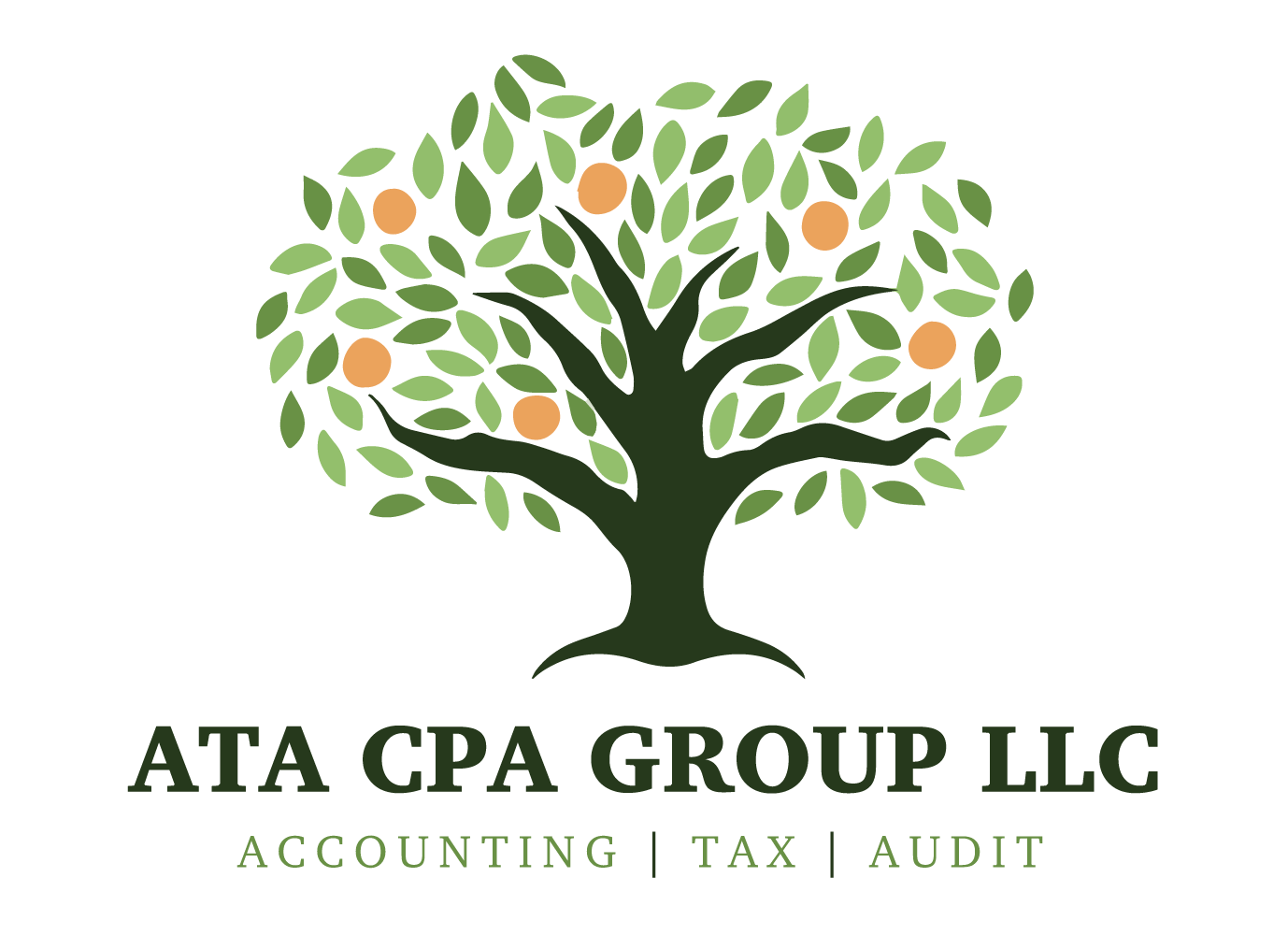Starting January 1, 2024, many companies will need to follow the Corporate Transparency Act (CTA), established under the National Defense Act in 2021. This Act requires these companies to reveal information about people who own or control them, known as Beneficial Ownership Information (BOI). About 32.6 million companies are expected to comply. The goal of the CTA is to help U.S. law enforcement fight crimes like money laundering and terrorism financing.
The CTA is part of the Bank Secrecy Act, focusing on keeping records and reporting certain financial transactions. Companies must send BOI reports to the Financial Crimes Enforcement Network (FinCEN), a part of the Treasury Department, not to the IRS.
This overview gives a basic idea of what’s needed for the upcoming reporting requirements. However, it’s general and not a substitute for personalized legal or professional advice. It’s recommended to consult with abip or your legal counsel for specific guidance.
Who Must Adhere to the CTA’s BOI Reporting Requirements?
Both U.S.-based and foreign entities may fall under the purview of the CTA’s reporting obligations. U.S. entities that are required to report include corporations, limited liability companies (LLCs), and other similar entities established through a filing with a state secretary of state or similar authority under state or tribal law.
U.S. entities not formed through such a filing are exempt from CTA reporting.
Foreign entities subject to CTA reporting include corporations, LLCs, and similar entities formed under foreign laws but registered to operate in any state or tribal jurisdiction through a filing with a state secretary of state or similar office.
Are There Exemptions from the Reporting Requirements?
There are 23 specific exemption categories. These exemptions cover entities like publicly traded companies, banks, credit unions, securities brokers/dealers, public accounting firms, tax-exempt organizations, and some inactive entities. It’s important to note that these exemptions are not absolute, as many of these entities are already subject to extensive government regulation and already disclose their BOI to governmental bodies.
Additionally, “large operating entities” are exempt from filing. To qualify for this exemption, a company must:
- Have more than 20 U.S. employees;
- Report over $5 million in gross revenue or sales on the previous year’s tax return;
- Maintain a physical presence in the U.S.
Who is a Beneficial Owner:
A beneficial owner is an individual who either:
- Wields “substantial control” over a company, or
- Possesses or controls at least 25% of the company’s ownership interests
An individual is considered to have substantial control if they have significant influence over major decisions of the company. This includes senior officers, regardless of their ownership stake or official title. The CTA provides detailed definitions of “substantial control” and “ownership interest.”
Filing Deadlines:
The timing for filing varies based on several factors:
- New entities (formed after December 31, 2023) must file within 30 days, with a proposed rule allowing entities created in 2024 to extend this to 90 days.
- Existing entities (formed before January 1, 2024) must file by January 1, 2025.
- Companies with changes in previously reported information or inaccuracies in earlier reports must file within 30 days.
Required Information for Reporting:
Companies are required to report the following: the full name and any trade name of the reporting company, business address, state or tribal jurisdiction of formation, and an IRS taxpayer identification number (TIN). Additionally, information about the beneficial owners and, for new entities, the company applicants is necessary. This includes their name, birthdate, address, a unique identifying number and issuing jurisdiction from an acceptable identification document (like a driver’s license or passport), and an image of the document.
Non-Compliance Risks:
Failing to comply with the BOI reporting requirement can lead to severe penalties, including criminal and civil charges. Penalties can amount to $500 per day, up to $10,000, and a maximum of two years in prison.
